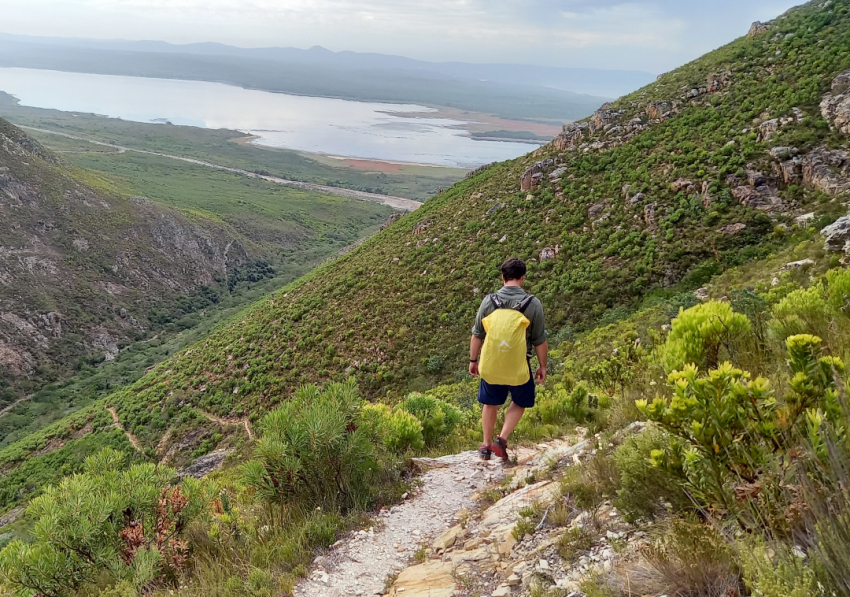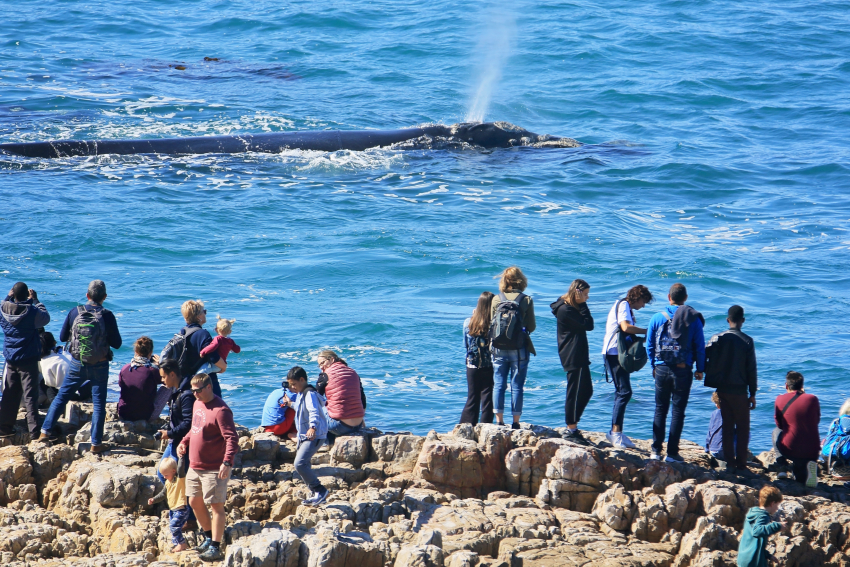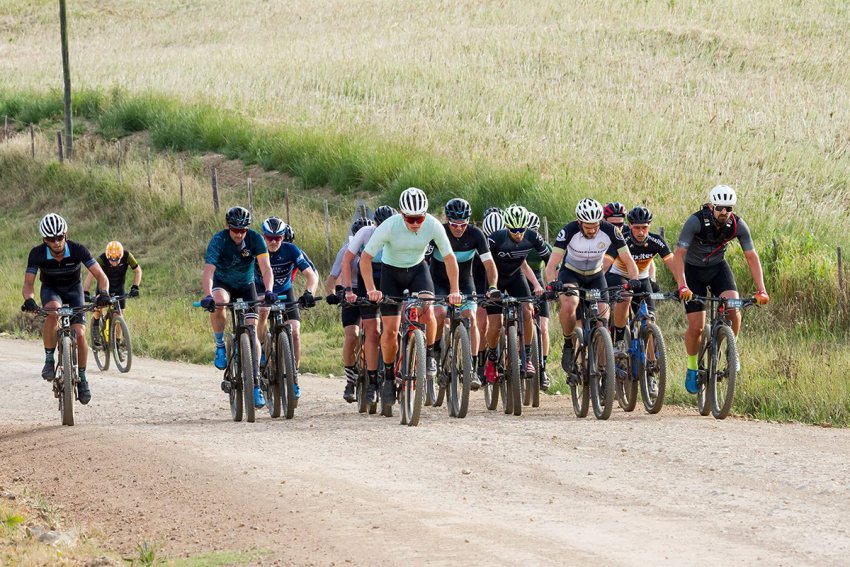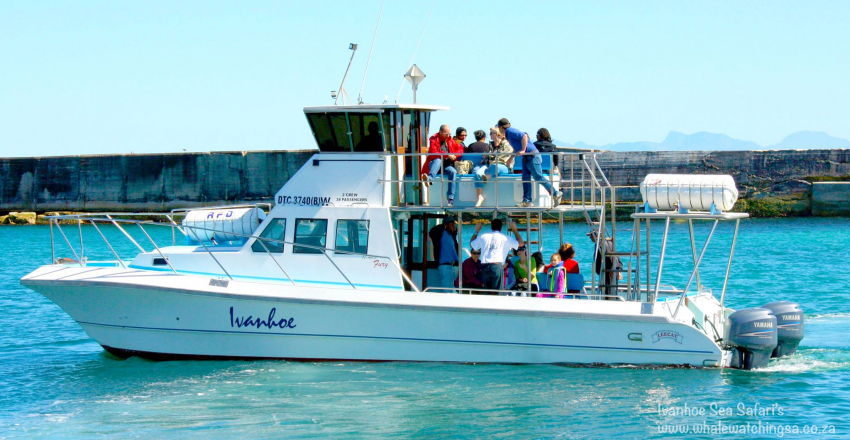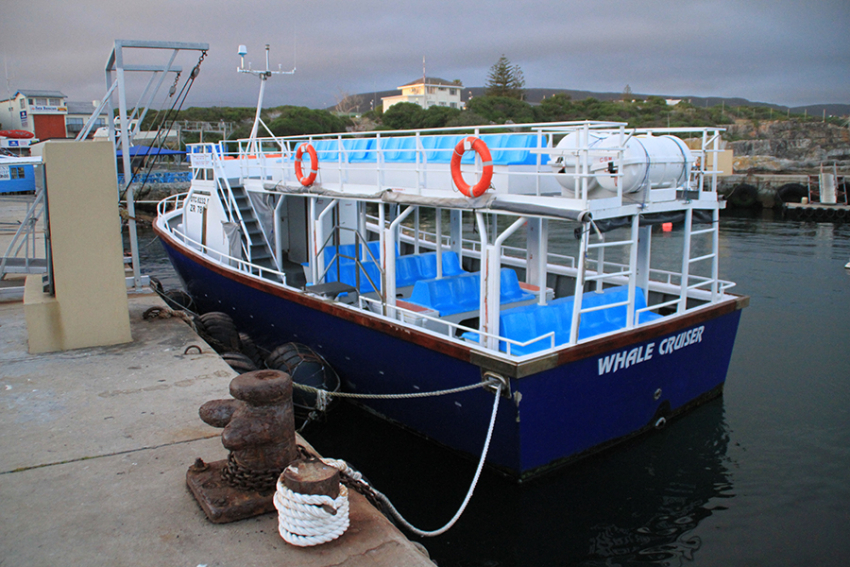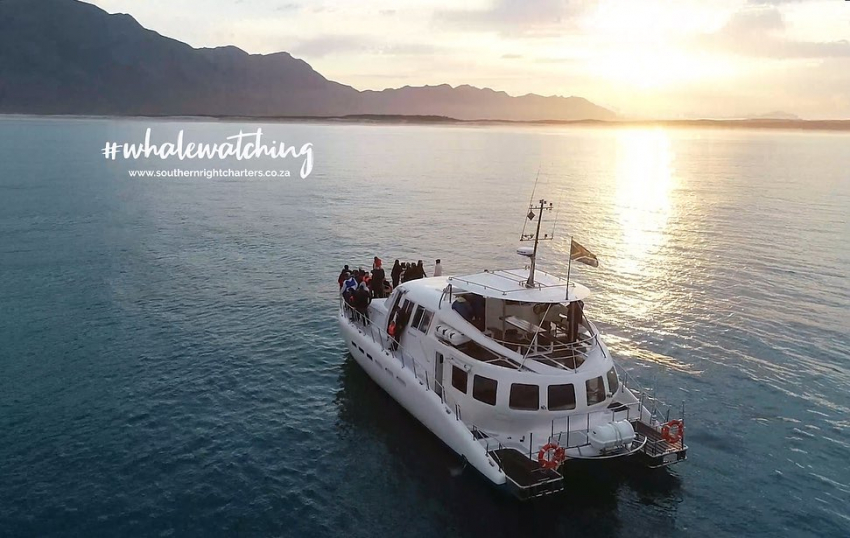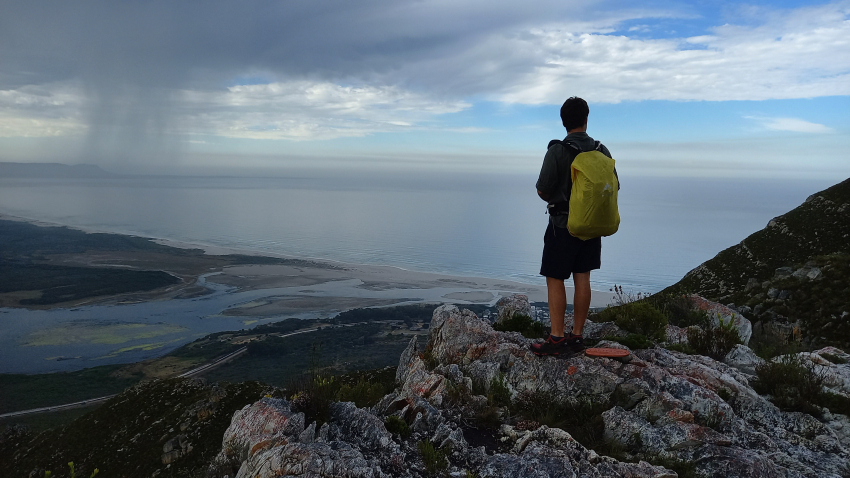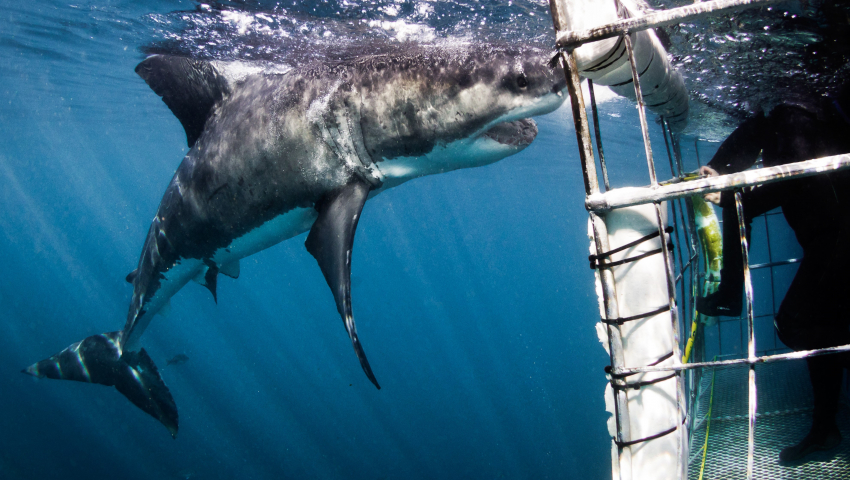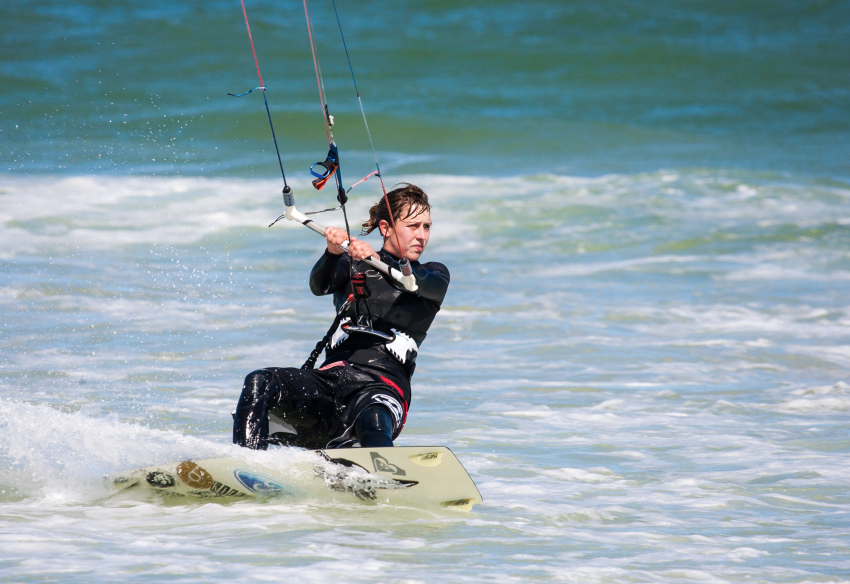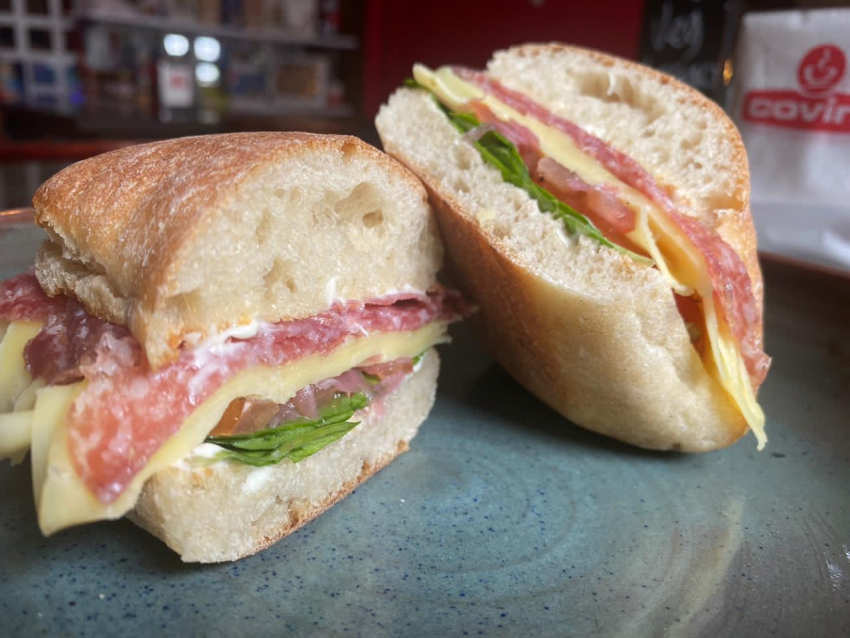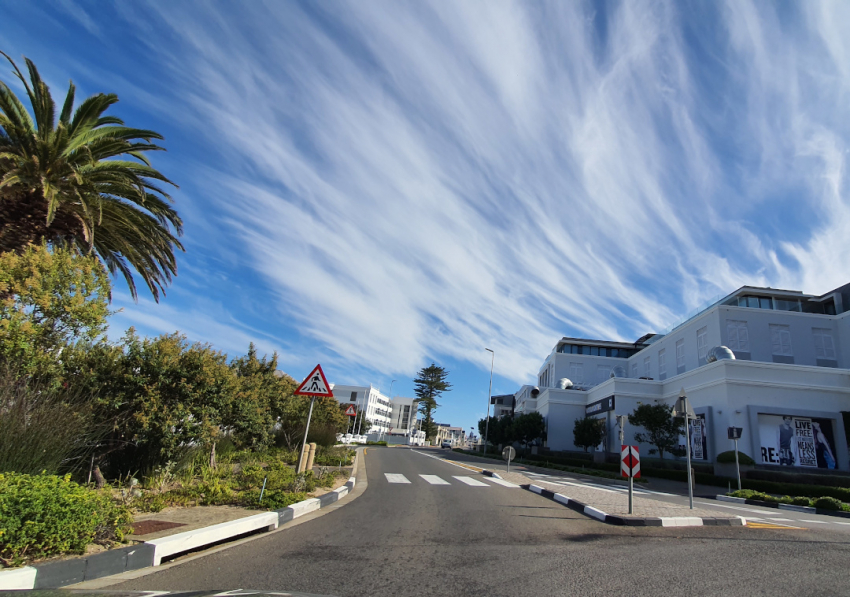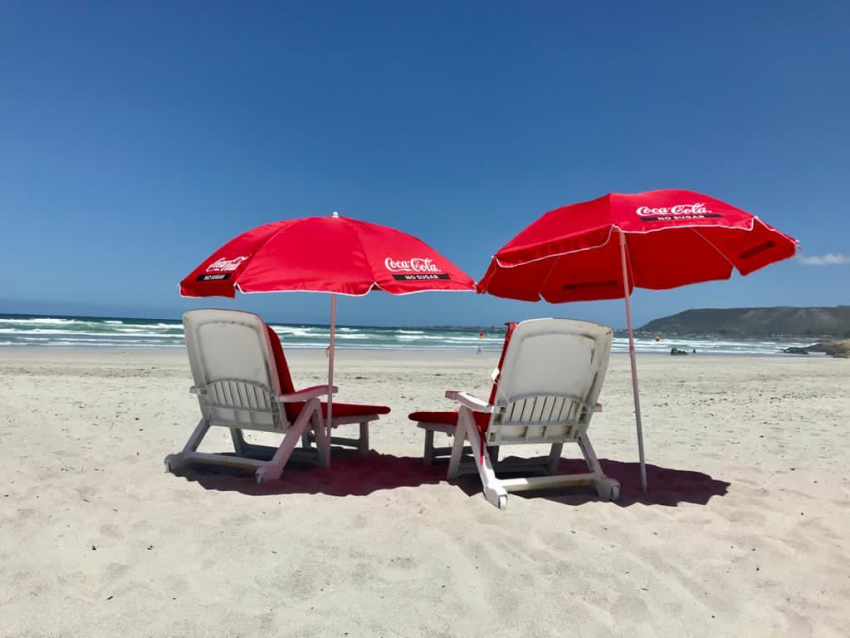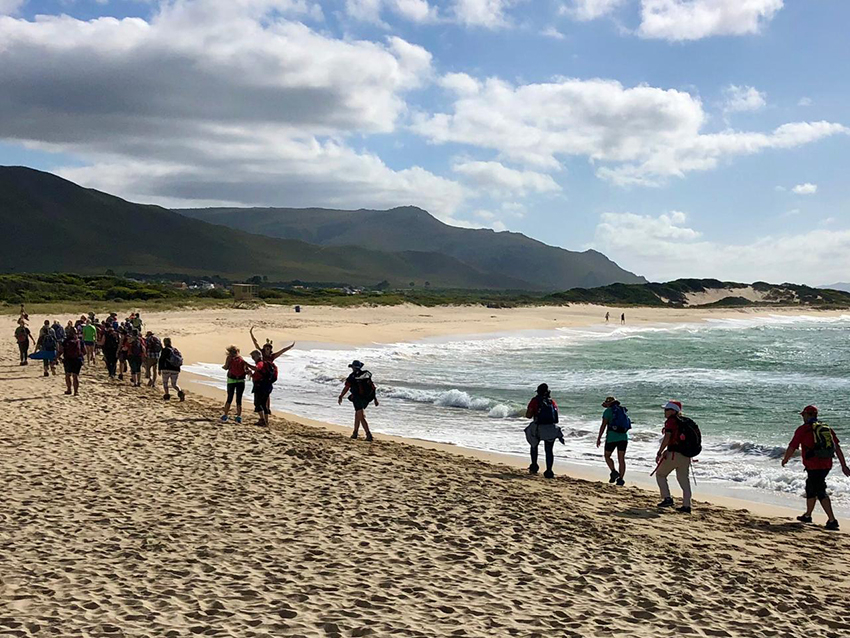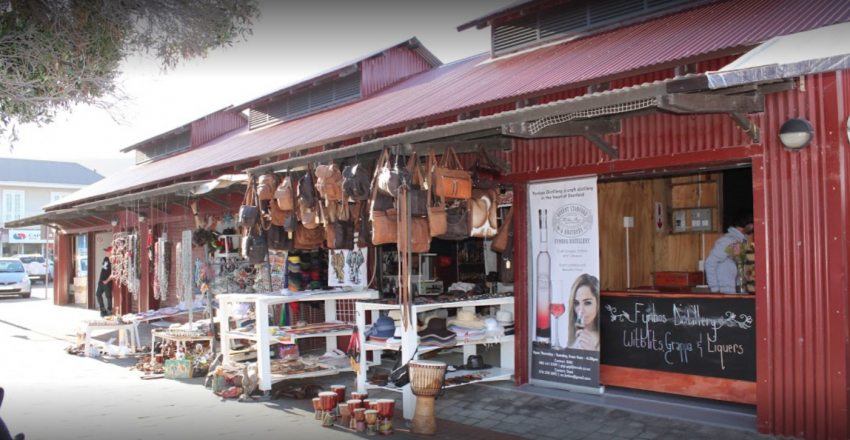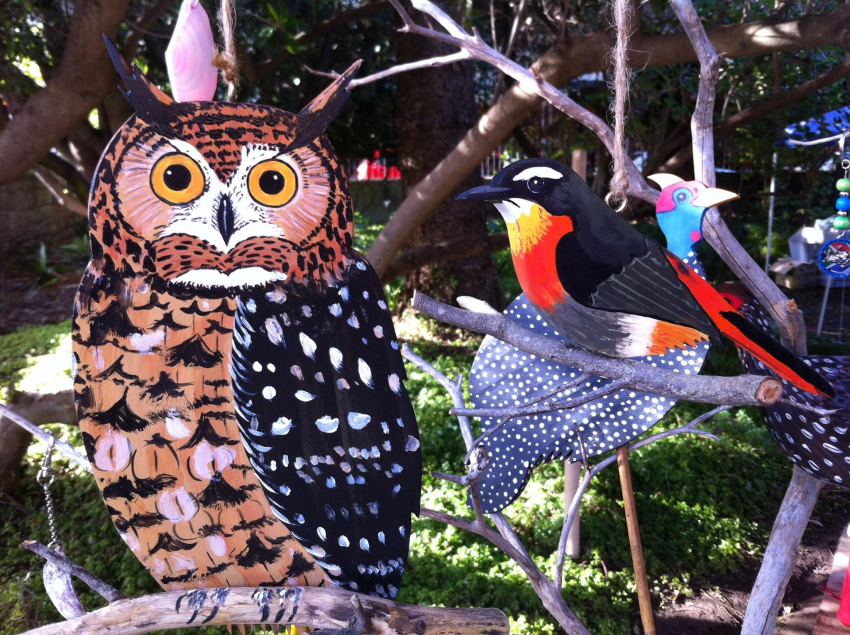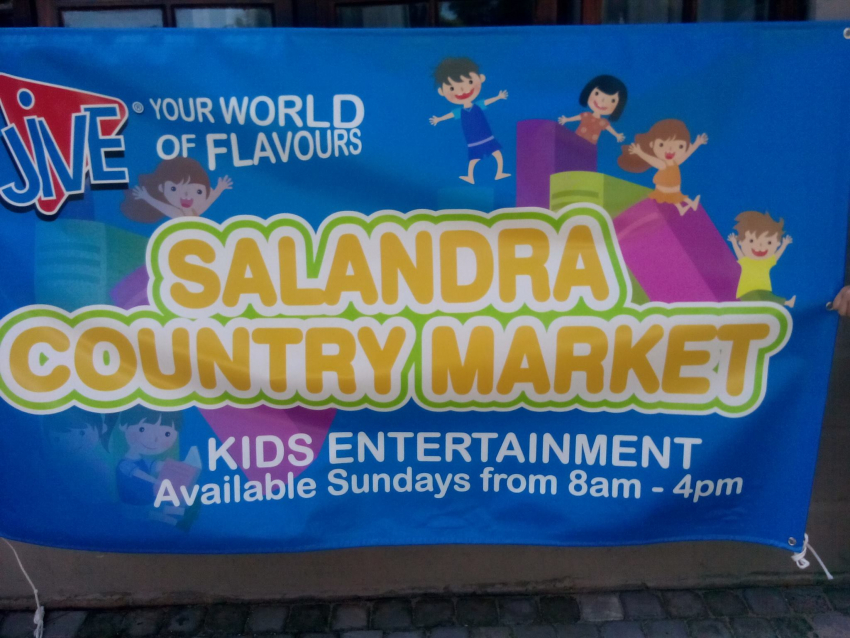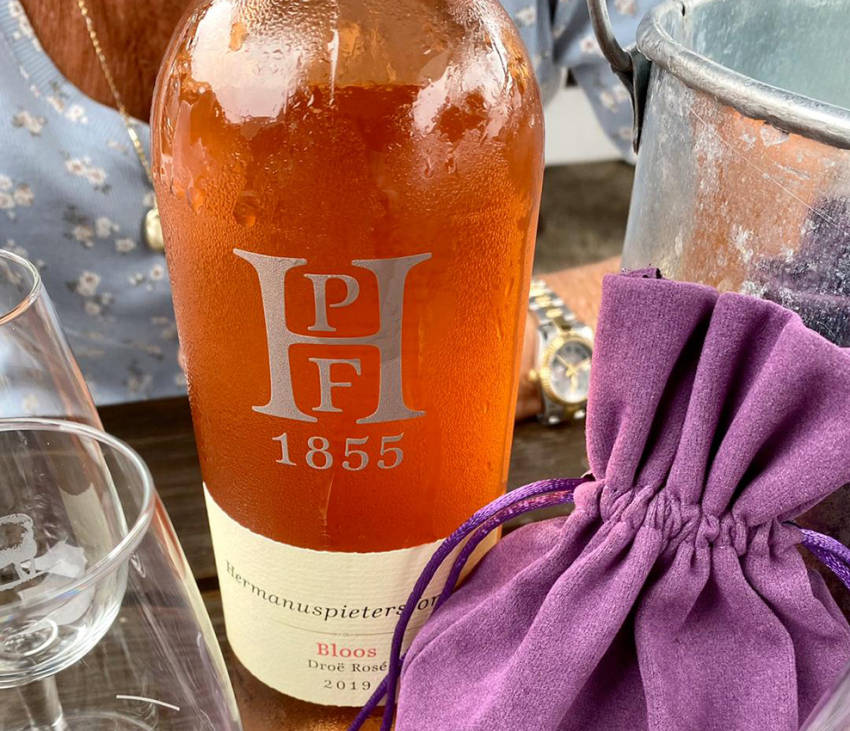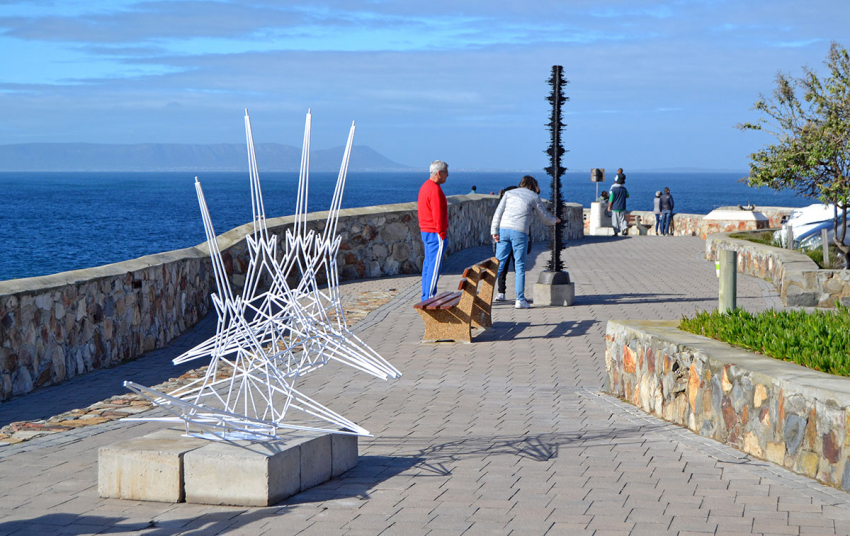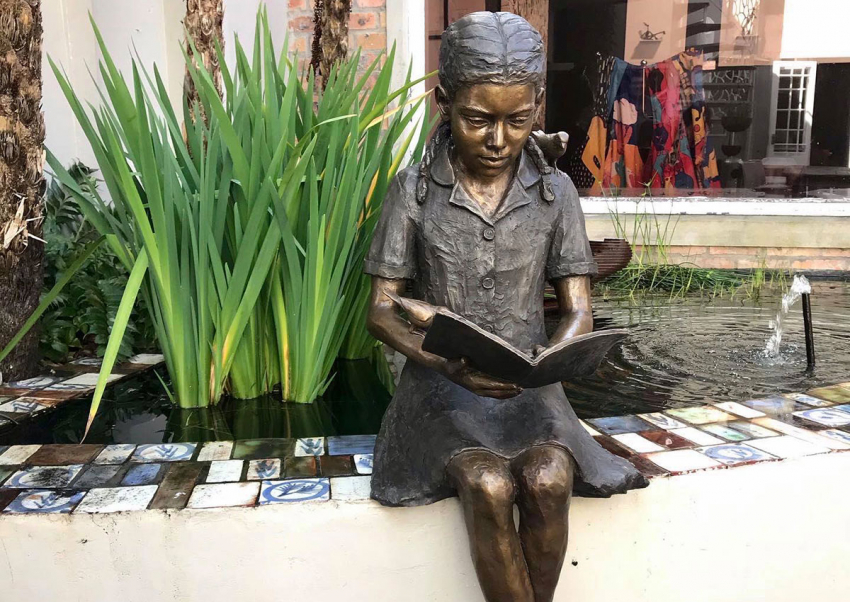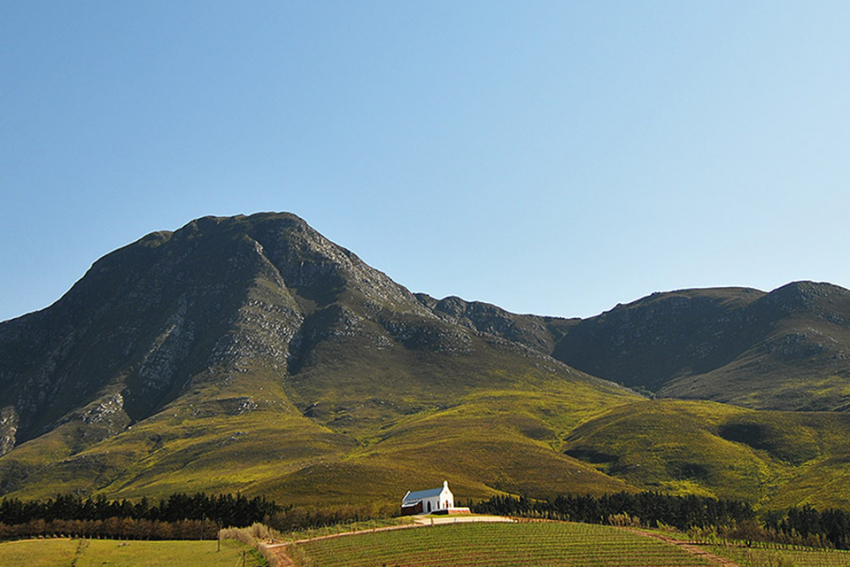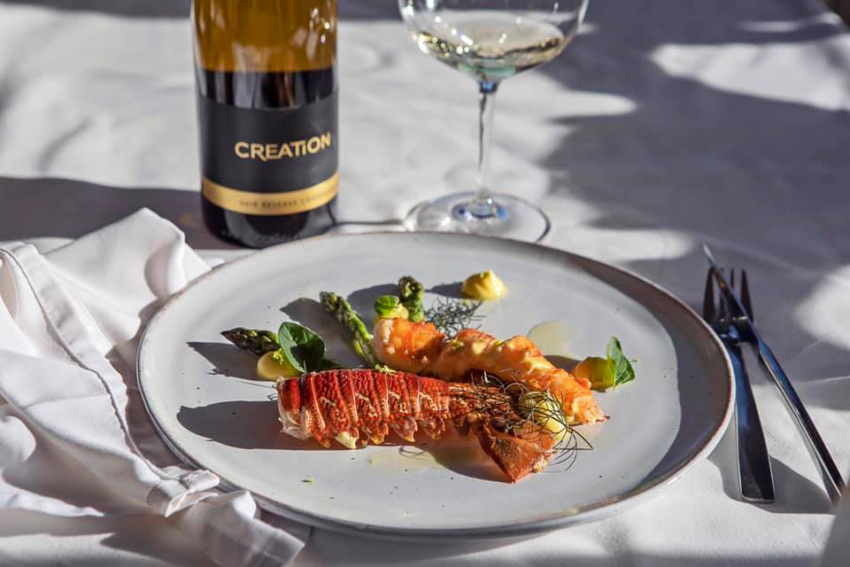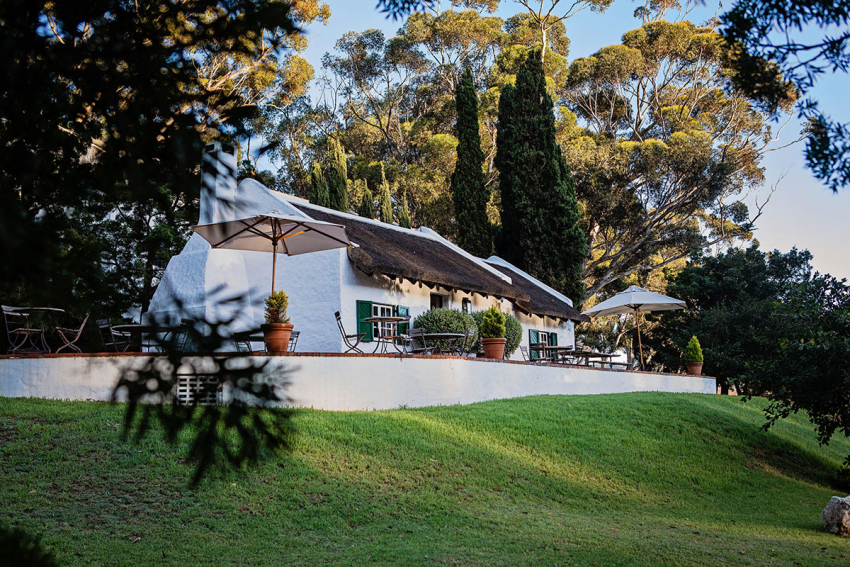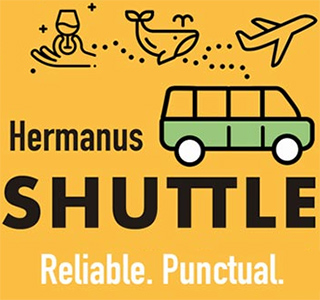Kögelberg Nature Reserve is often considered the heart of the Cape Floral Kingdom, because of the exceptional quality of its fynbos. The reserve lies within the southern stretch of the rugged Hottentots Holland mountain range, and has remained isolated and remarkably unspoilt. Its high mountain peaks, steep kloofs, valleys and several tributaries of the pristine Palmiet River create a sense of remote wilderness
Kögelberg is situated some 90 km south-east of Cape Town, and comprises a core area of 18 000 ha and several smaller fragments. The reserve is sign-posted from the coastal road (R44), and a gravel road leads for 3 km through private property to the entrance. The coastal town of Kleinmond is about 8 km south-east of the reserve.
History
The Kögelberg area has evidence of early stone age hunters, who probably lived off game, shellfish and edible plants. Khoi people inhabited the area from about 100 000 years ago until modern times, and their middens and burial sites can be found along the coast. Eighteenth century European explorers described the beauty of the area and the plentiful game, but early farmers found the area too rugged for agriculture. This meant that the Kögelberg was left practically untouched over the years, unlike many other areas of the Cape.
In 1810 the government of the Cape demarcated certain Crown Lands, which included the Kögelberg area. Access was extremely difficult until 1935 when a road was built. In 1937 the then Department of Forestry became responsible for the area and declared it a State Forest. During World War II, a military road was built around the coast and the peripheral coastal area slowly became more developed. Kögelberg was transferred to CapeNature in 1987, and declared a nature reserve.
Biosphere Reserve
Kögelberg Nature Reserve is now managed according to the internationally accepted principles of a biosphere reserve. This implies that the sensitive core area of 18000 ha remains pristine and essentially wild, with a high level of biological diversity, and is buffered by a more resilient area. Beyond the reserve borders, agriculture and commercial pine plantations form a transitional zone. The biosphere concept accommodates conservation and development, and ensures that sensitive areas and biological diversity are adequately protected.
Climate
The climate of the Kögelberg is fairly typical of the western Cape. Winters are cold and very wet, and snow may fall on the higher peaks. The summer months are hot, dry and often very windy. Hikers should note that the weather conditions are variable and unpredictable.
Vegetation
The long isolation of the Kögelberg area has helped to protect its floral wealth and keep it clear of alien vegetation, and today the reserve presents perhaps the finest example of mountain fynbos in the Western Cape. It has a species list of 1 654 plant species, of which about 150 are endemic. Many spectacular members of the protea family occur in the reserve. These include the endangered marsh rose, Orothamnus zeyheri, once on the brink of extinction, and now known to occur on a few inaccessible peaks; and the highest concentration of Mimetes species in the Cape, most notably the endangered M. hottentoticus and M. capitulatus.
Kögelberg has three patches of relic indigenous forest, Louwsbos, Platbos and Oudebos. These patches are similar to the Knysna forests, and includes yellow wood, stink wood and boekenhout trees. The Palmiet River and its associated riparian vegetation is of the most pristine in the south-western Cape. Wild almond, rooi-els, yellowwood and Cape beech are among the trees occurring in the riverine scrub along the water courses.
Much of the early botanical documentation was done by T.P. Stokoe, a Yorkshireman who emigrated to South Africa in 1911. Stokoe collected numerous specimens in the Kögelberg, many of which were named after him, including the now extinct Mimetes stokoei. His ashes are scattered near Stokoe's Bridge in the reserve.
Animals
The Kögelberg does not have many large animals. There are a few leopards; the Cape clawless otter may be seen in or near water; smaller antelope include klipspringer and grysbok; and baboons, dassies and hares are fairly common. Peregrine falcons, black eagles and fish eagles hunt and nest in and around the reserve. An endemic freshwater crab and the endangered micro-frog are found in the area. A herd of wild horses which were abandoned by a British garrison after the Anglo-Boer War roam the flats of the Bot River estuary at Rooisand.
Recreation
In the Kögelberg, visitor numbers are limited and low-impact recreation which is compatible with the wilderness atmosphere is encouraged. Hikers have several options, and should be prepared for fairly rough terrain and unpredictable weather. White water kayaking is allowed each year during the winters season on the Palmiet River, but only for competent kayakers, as the river can be dangerous.
In the less sensitive areas, permitted recreation activities include hiking and mountain biking. Picnic facilities and camping are not provided. Accommodation is limited to five fully-furnished self-catering eco-cabins.
Please note that the following regulations and conditions are strictly applied:
- All activities must be booked in advance.
- Permits must be carried at all times.
- Trail distances and times make allowances for swimming and resting.
- Keep to paths to prevent soil erosion and trampling of plants.
- Swim and rest only at designated sites on the trails to limit impact.
- Please do not pick flowers, disturb animals or deface rocks.
- An inland fishing licence is required for fishing at Bot River estuary.
- Fishing licences are obtainable from the Kögelberg Nature Reserve.
For more information, please feel free to contact them via 021 856 4975.

